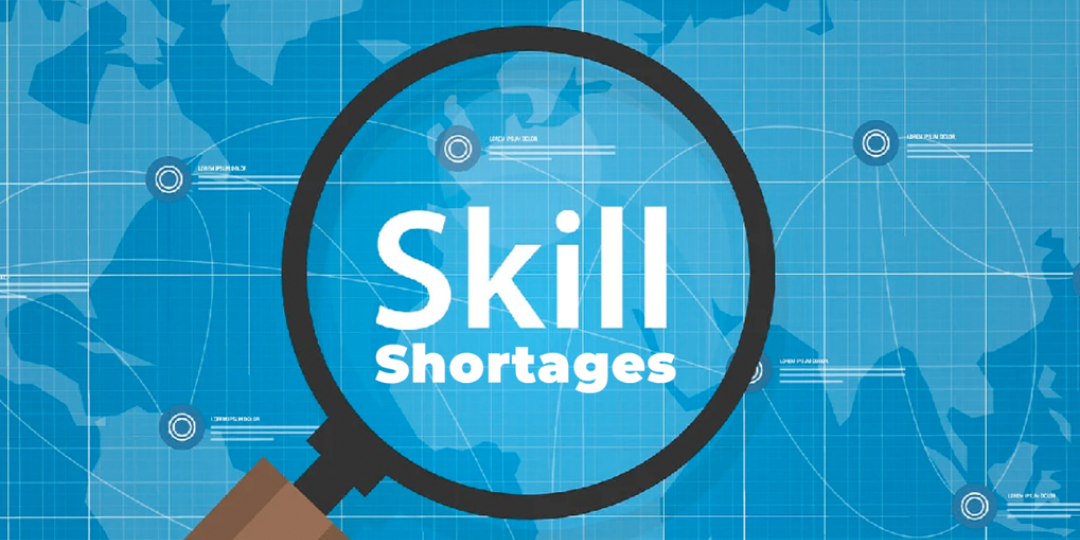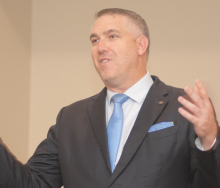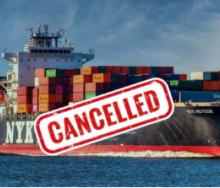A skills shortage caused by inadequate training is hampering vital economic growth, according to a new Western Cape business environment survey.
The skills deficit is the number one concern in a list of economic impediments identified by 426 Western Cape businesses during the two-month survey commissioned by the Cape Chamber of Commerce and Industry.
The result comes amid growing concern about government’s Sector Education and Training Authority (Seta) and its inability to plug South Africa’s glaring skills gap, particularly in key job creation sectors such as manufacturing.
Survey respondents ranked energy supply as their second-biggest concern, reflecting ongoing jitters about potential load-shedding, despite recent improvements in Eskom generation.
A surprise addition to the list of top-ten concerns is ‘business dynamism’ as local firms highlight the threat posed by global competitors, particularly in retail where digital technology has disrupted traditional sales models.
“Overall, the results show that stakeholders in our regional business environment recognise the need to be more proactive if we are to become more globally competitive and realise our massive economic potential,” said Cape Chamber president Jacques Moolman.
The survey highlighted several other key concerns, including government red tape, crime, economic policy, and train and sea freight services.
Skills and government regulation also featured prominently on the list of priorities, with respondents stressing the need for institutional reform, particularly in areas like home affairs and state-owned enterprises.
Meanwhile, crime and corruption remain on the top of the list of perceived threats to business progress. Respondents also ranked crime prevention as the top priority for business well-being at a local level.
A notable addition to the list of business priorities since the last Cape Chamber survey two years ago is the need for stakeholder collaboration at area level. “The fact that stakeholder collaboration is now a top priority speaks to the growing realisation that civil society role players need to be more actively involved in fixing problems, and that we cannot rely on struggling and under-capacitated government to remove all impediments to growth by themselves,” says Cape Chamber chief executive John Lawson.
The organisation intends to use the survey results to inform its ongoing engagement with all business stakeholders, including its members, business sectors, and public sector partners.













